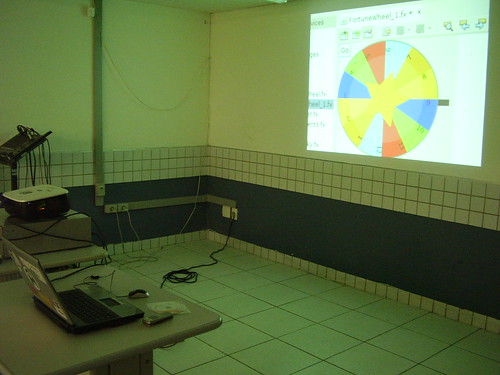I found cool this list on reddit.
- AIMA Artificial Intelligence a Modern Approach by Stuart Russell and Peter Norvig
- AMOP The Art of the Meta Object Protocol by Gregor Kiczales
- ATTAPL Advanced Topics in Types and Programming Languages by Benjamin C. Pierce
- AWDWR Agile Web Development with Rails by by Dave Thomas and David Heinemeier Hansson
- EOPL Essentials of Programming Languages by Daniel P. Friedman, Mitchell Wand, and Christopher T. Haynes
- CLR Introduction to Algorithms by Thomas H. Cormen, Charles E. Leiserson, Ronald L. Rivest
- CLRS Introduction to Algorithms, 2nd Edition by Thomas H. Cormen, Charles E. Leiserson, Ronald L. Rivest, and Cliff Stein
- CLtL Common Lisp the Language by Guy L. Steele Jr.
- CTM Concepts, Techniques, and Models of Computer Programming by Peter Van Roy and Seif Haridi
- GOF Design Patterns by Erich Gamma, Richard Helm, Ralph Johnson, and John Vlissides (the Gang of Four)
- HOP Higher-Order Perl by Mark Jason Dominus
- HTDP How To Design Programs by Matthias Felleisen, Robert Bruce Findler, Matthew Flatt and Shriram Krishnamurthi
- K&R The C Programming Language by Brian Kernighan and Dennis Ritchie
- LiSP Lisp In Small Pieces by Christian Queinnec
- LL Lessons Learned in Software Testing by Cem Kaner, James Bach and Bret Pettichord
- PAIP Paradigms of Artificial Intelligence Programming by Peter Norvig
- PCL Practical Common Lisp by Peter Seibel
- PLP Programming Language Pragmatics by Michael L. Scott
- SICP Structure and Interpretation of Computer Programs by Hal Abelson and Gerald J. Sussman, with Julie Sussman
- TAOCP The Art Of Computer Programming by Donald E. Knuth
- TAPL Types And Programming Languages by Benjamin C. Pierce
- TCPL The C++ Programming Language by Bjarne Stroustrup
- TCS Testing Computer Software by Cem Kaner, Jack Falk, and Hung Quoc Nguyen
- TLS The Little Schemer by Daniel P. Friedman and Matthias Felleisen
- TSPL The Scheme Programming Language by R. Kent Dybvig
- TSS The Seasoned Schemer by Daniel P. Friedman and Matthias Felleisen
- TRS The Reasoned Schemer by Daniel P. Friedman, William E. Byrd and Oleg Kiselyov
- WELC Working Effectively with Legacy Code by Michael Feathers











